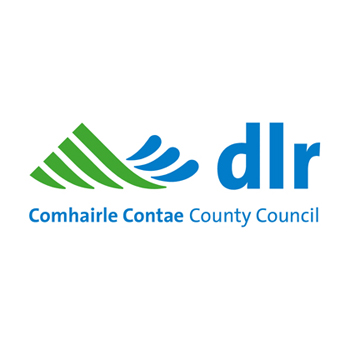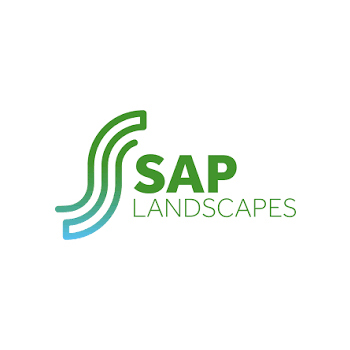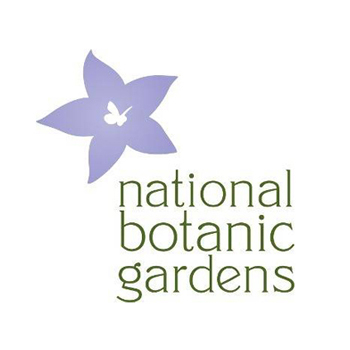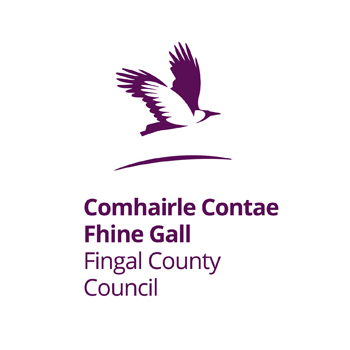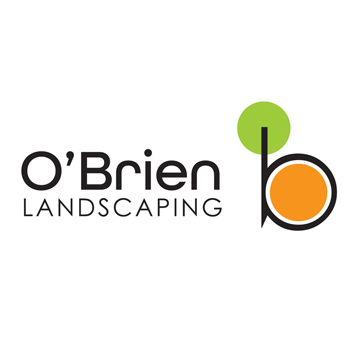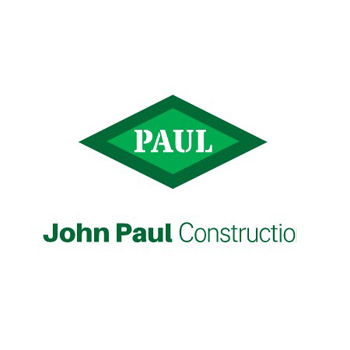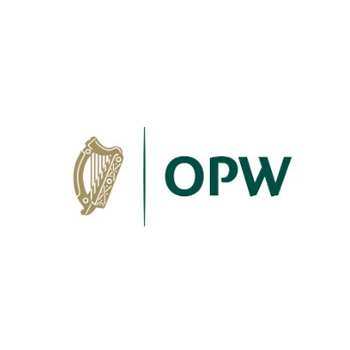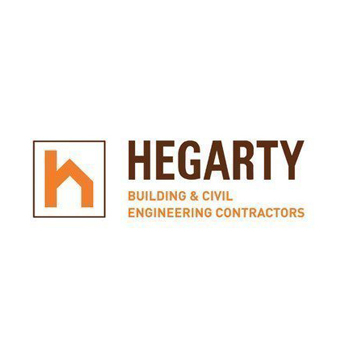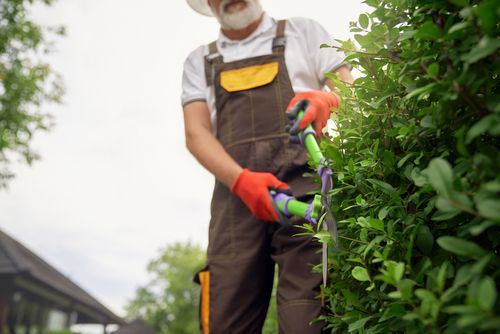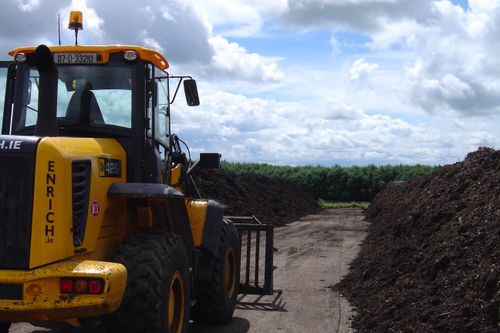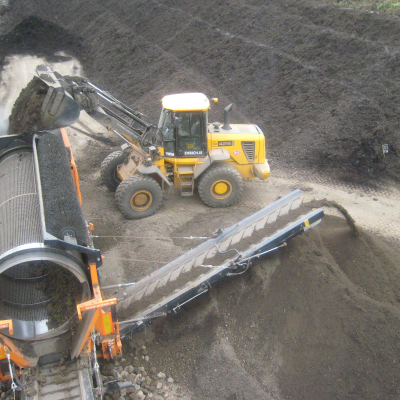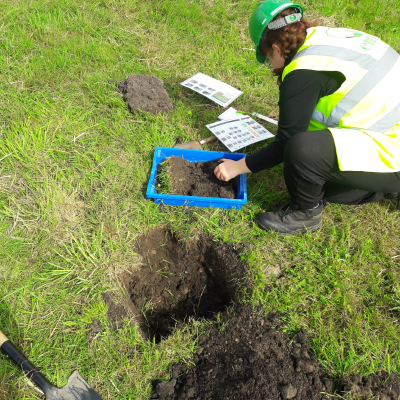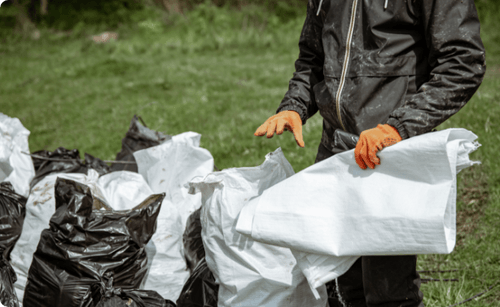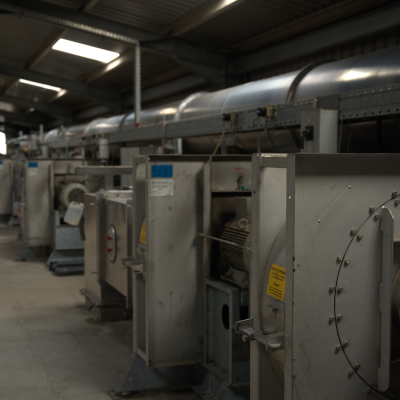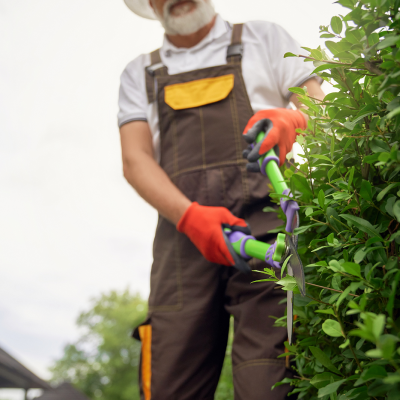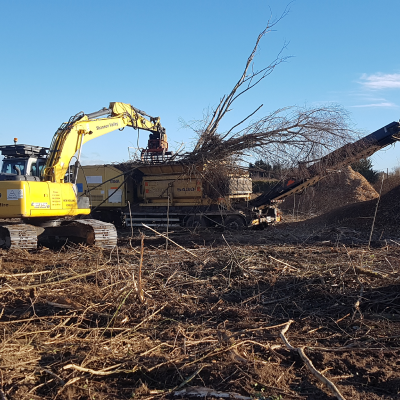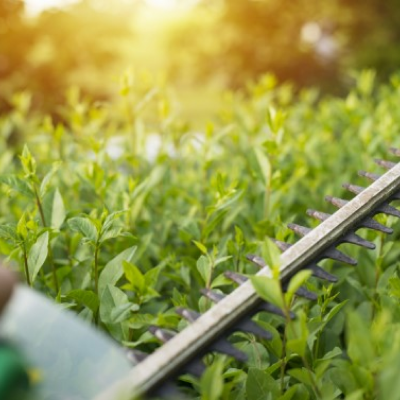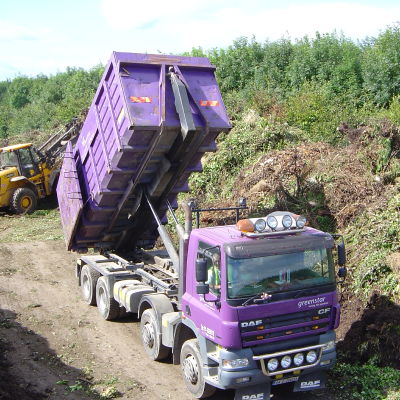GARDEN WASTE RECYCLING
We process garden clippings collected from local authority recycling centres to make high grade horticultural compost and specialist soils.
Home Gardener
If you have garden waste to recycle, we would encourage you to bring that material to any of the civic amenity centres operated by your local authority or by your local waste collector.
We source much of our feedstock from Civic Amenity Centres. To find your nearest centre go to
Developer / Construction Company
If you are a developer or utility company or otherwise involved in site clearance and maintenance, and have to manage large quantities of green waste, eg. trees, hedges, bushes, tree roots and other plant-based waste.
Waste Collector
If you are a Waste Collector we can accept material from you directly at our sites but you must be first registered with us as an approved supplier.
DESIGN BUILD AND OPERATE WINDROW COMPOSTING FACILITIES
During the windrow composting process, the organic material is loaded into long, triangular shaped rows, under conditions that are carefully monitored and controlled.
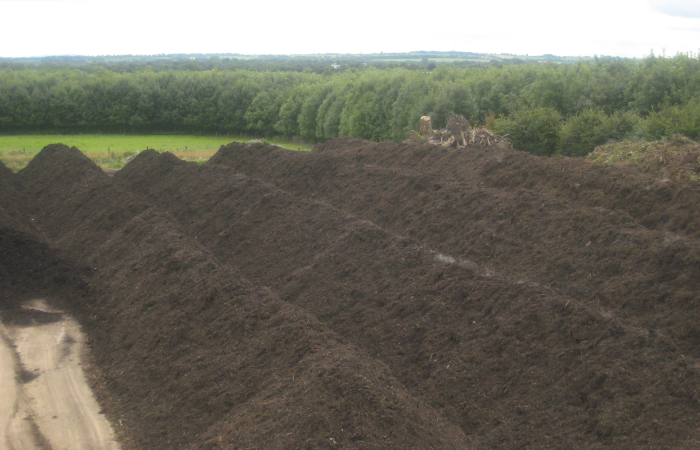
By the end of the process, the organic material is broken down and converted into a finished product rich in essential nutrients, beneficial microbiology, and organic matter.
Enrich offers a complete design, build, and operate package to its customers to ensure delivery of the most cost effective, practical solutions
Windrow Composting Process
MANUFACTURE OF
HORTICULTURAL AND
LANDSCAPING PRODUCTS
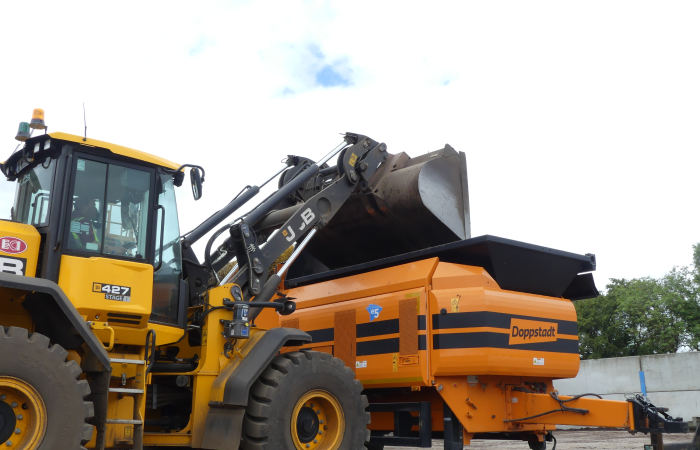
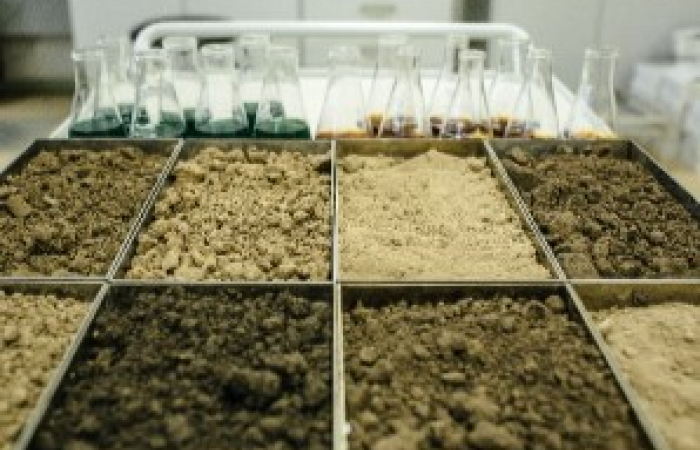
For further information on how we can meet your projects specific requirements to develop a specific soil or substrate please contact our technical team.
SOIL SERVICES
Enrich are soil specialists offering a range of soil services. These include sampling and testing, soil reuse evaluation, manufacture and management, failure investigations, and soil remediation.
Soil Consulting Services
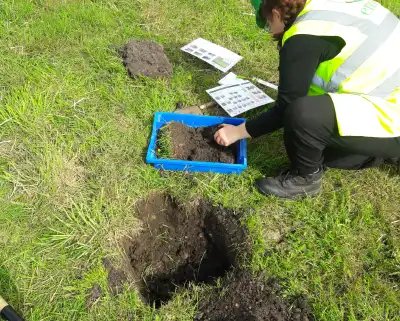
CONTAMINATED SOIL DISPOSAL
If you are a developer or contractor with a requirement to remove contaminated soil, we can help you with a sustainable solution.
The level of contamination in a soil is influenced by the presence of heavy metals, hydrocarbons, and/or asbestos.
Some levels are such that the soil is only mildly contaminated and suitable for outlets in Ireland while other levels can be so high that the soil has become hazardous, and is only suitable for treatment in designated infrastructure abroad.
Soil Consulting Services
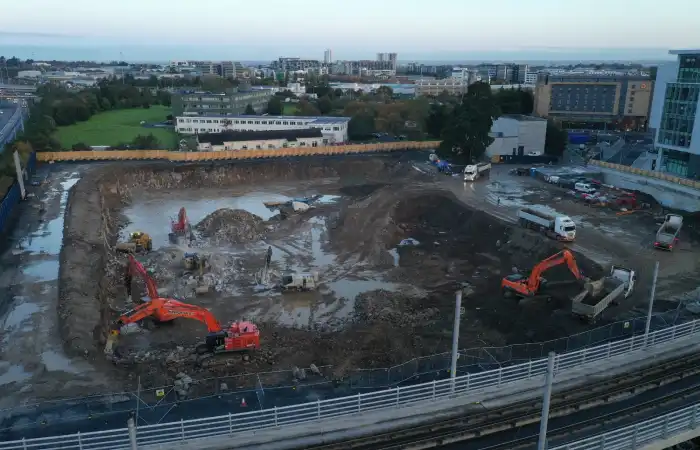
DESIGN BUILD AND
OPERATE IN-VESSEL
COMPOSTING FACILITIES
In-Vessel composting is the biological degradation of organic material within completely enclosed units known as composting tunnels..
The enclosed nature of the process ensures that the individual parameters such as temperature, oxygen, and water are carefully controlled to optimize the process, and to eliminate any potential nuisances such as odour or dust.
Working with leading Dutch technology providers, Enrich offers a turnkey design, build, and operate package.
The development of an in-vessel composting plant usually involves the following steps
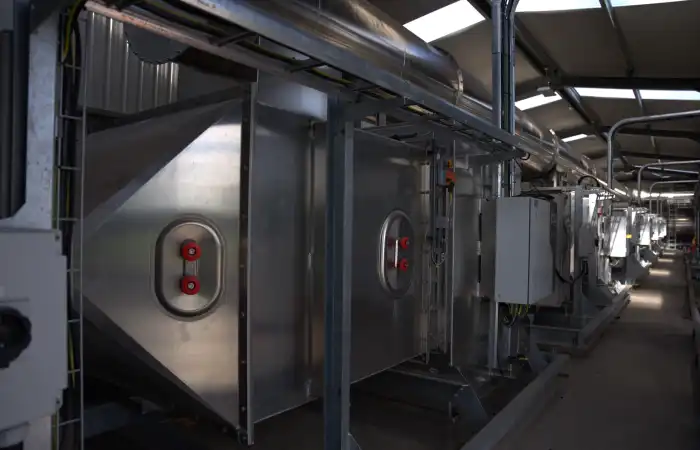
OUR CLIENTS


